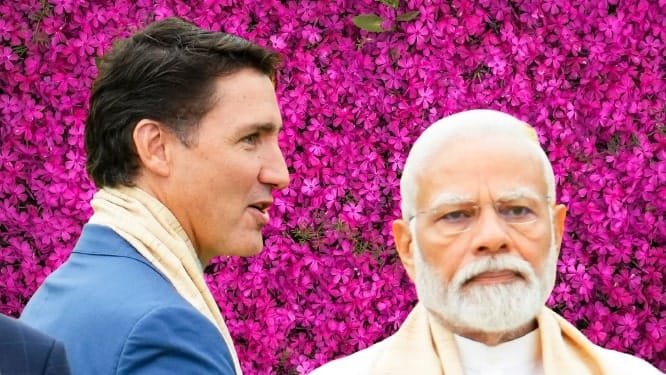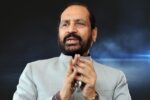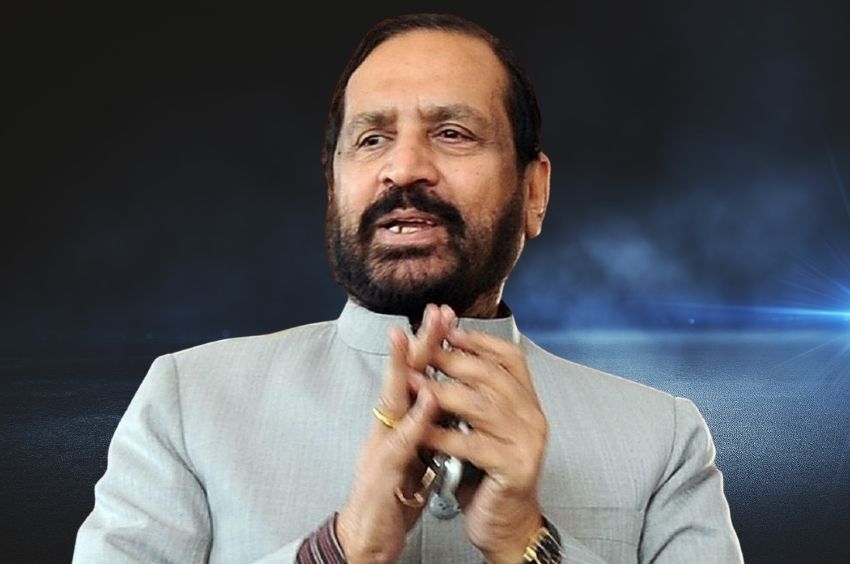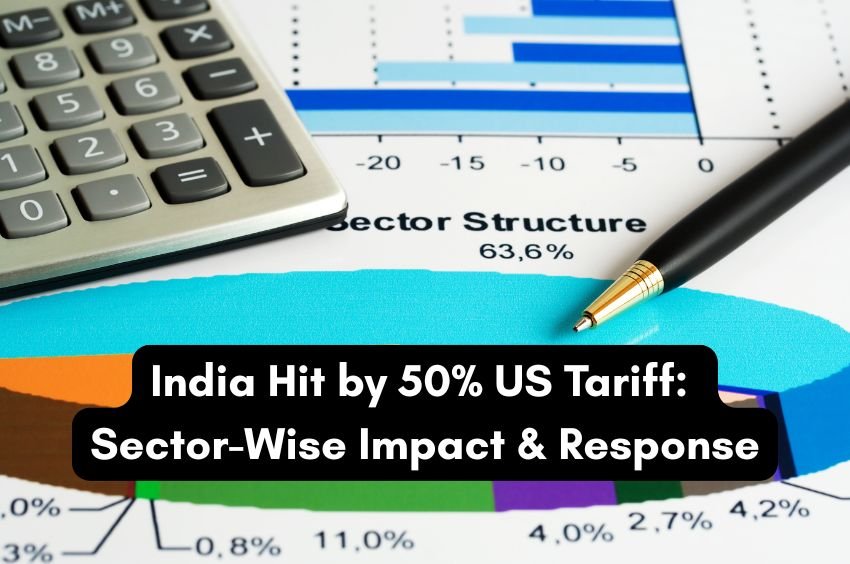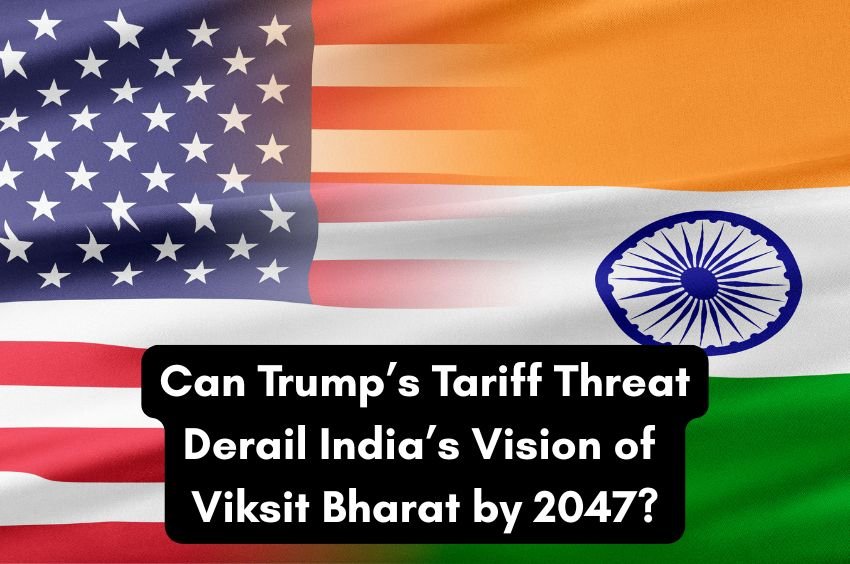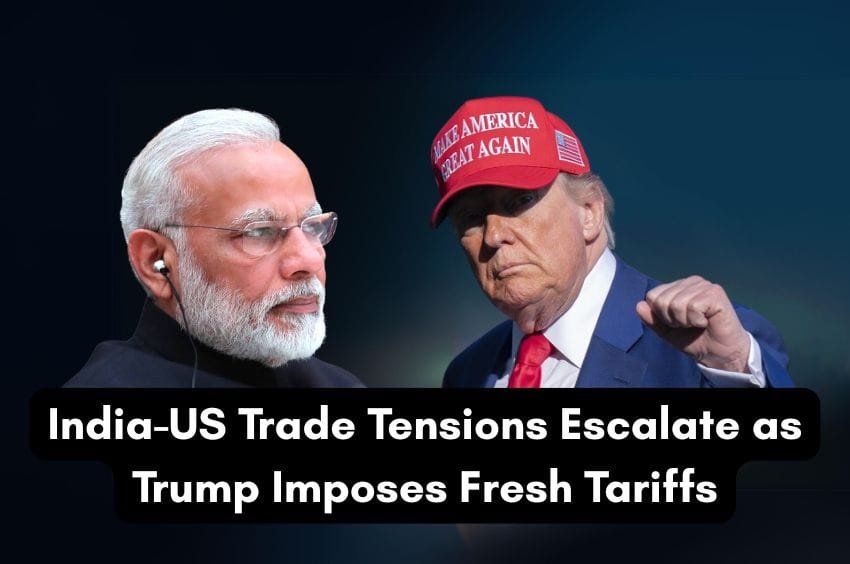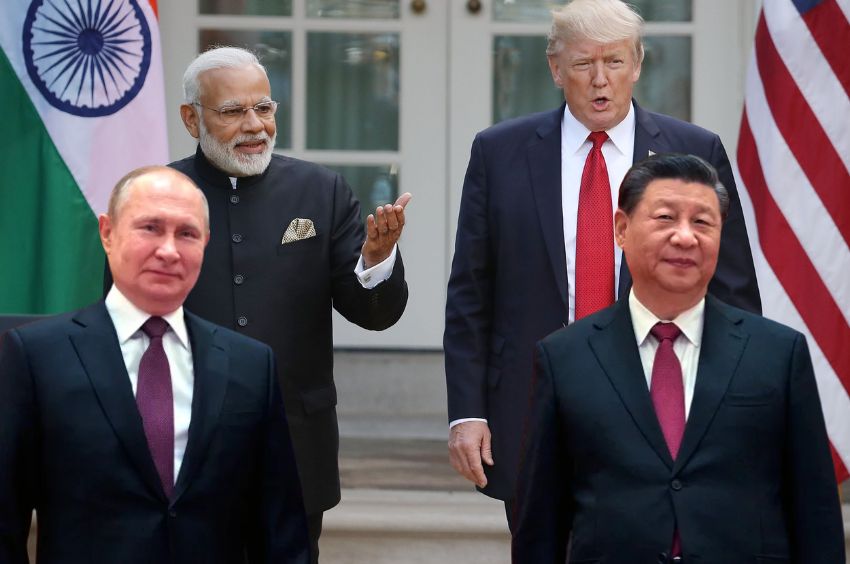Canadian Prime Minister Justin Trudeau has accused India of using an agent to kill a Canadian citizen, Hardeep Singh Nijjar, on Canadian soil. India has denied the accusation, but the incident has caused a diplomatic row between the two countries.
The US, a strategic partner of both Canada and India, is now caught in the middle. Washington has so far been restrained in its comments, but it is increasingly speaking up for Canada. US National Security Advisor Jake Sullivan has even suggested that no exception should be made in the case of India just because it is a strategic partner.
The accusations against India come at a time when the country is trying to raise its profile as a global power. India’s image as an influencer rose high during the recent G20 summit, but the Canadian allegations can lead to some loss of image unless it is dealt with effectively.

India has tried to shift the narrative by accusing Canada of sheltering terrorists. However, it is unclear whether the West is listening. Canada is an important ally of the US and other Western countries, and they are unlikely to take India’s accusations seriously without any evidence.
The accusations against India also raise questions about the future of the Quadrilateral Security Dialogue (Quad), an alliance between the US, Japan, Australia, and India. The Quad is seen as a counterweight to China’s growing military power. However, if the accusations against India are proven to be true, it could damage the relationship between India and its Quad partners.
India is confident that Canada would not be able to provide conclusive evidence to back its claim that an Indian agent was behind Nijjar’s murder. However, even if India is able to prove its innocence, the accusations against it have already damaged its reputation. India will need to deftly use its influence and perceived interests to get the Western world to listen to its case.
Hard Lessons for India
The accusations against India by Canada are a wake-up call for New Delhi. It is a reminder that India is now a major power and will be held to higher standards. India needs to be careful about how it conducts its foreign policy, especially with its close allies.
India also needs to be more proactive in countering negative propaganda against it. The Indian government and its diplomats need to do a better job of explaining India’s perspective to the Western world.
Finally, India needs to continue to grow its economy and military power. This will give India more leverage in the international community and make it less vulnerable to accusations from its rivals.
